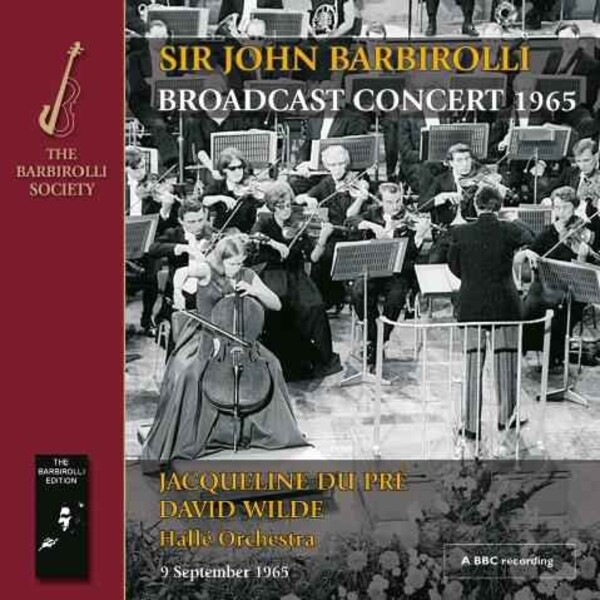
Barbirolli: Broadcast Concert 1965 - Suppe, Franck, Bruch, Rimsky-Korsakov
£10.93 £8.74
save £2.19 (20%)
special offer ending 27/05/2024
In stock - available for despatch within 1 working day
Despatch Information
This despatch estimate is based on information from both our own stock and the UK supplier's stock.
If ordering multiple items, we will aim to send everything together so the longest despatch estimate will apply to the complete order.
If you would rather receive certain items more quickly, please place them on a separate order.
If any unexpected delays occur, we will keep you informed of progress via email and not allow other items on the order to be held up.
If you would prefer to receive everything together regardless of any delay, please let us know via email.
Pre-orders will be despatched as close as possible to the release date.
Label: Barbirolli Society
Cat No: SJB1100
Format: CD
Number of Discs: 1
Genre: Orchestral
Release Date: 26th June 2020
Contents
Works
Kol Nidrei, op.47Symphonic Variations for piano and orchestra
Capriccio espagnol, op.34
Die schone Galathee (The Beautiful Galatea)
Artists
Jacqueline du Pre (cello)David Wilde (piano)
Halle Orchestra
Conductor
John BarbirolliWorks
Kol Nidrei, op.47Symphonic Variations for piano and orchestra
Capriccio espagnol, op.34
Die schone Galathee (The Beautiful Galatea)
Artists
Jacqueline du Pre (cello)David Wilde (piano)
Halle Orchestra
Conductor
John BarbirolliAbout
Error on this page? Let us know here
Need more information on this product? Click here